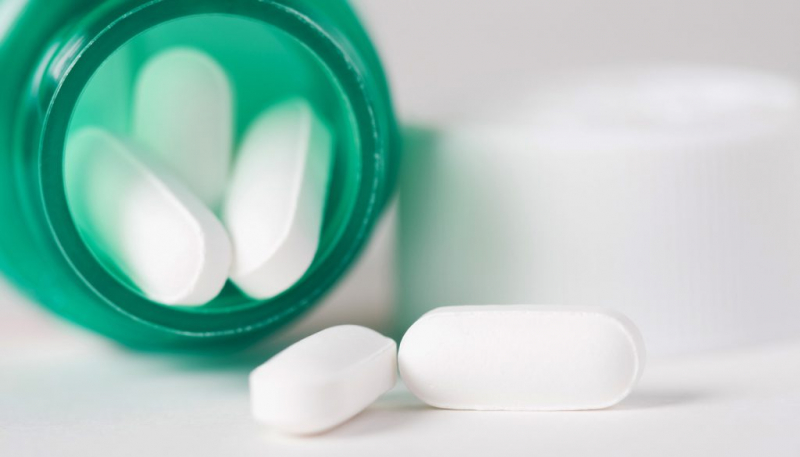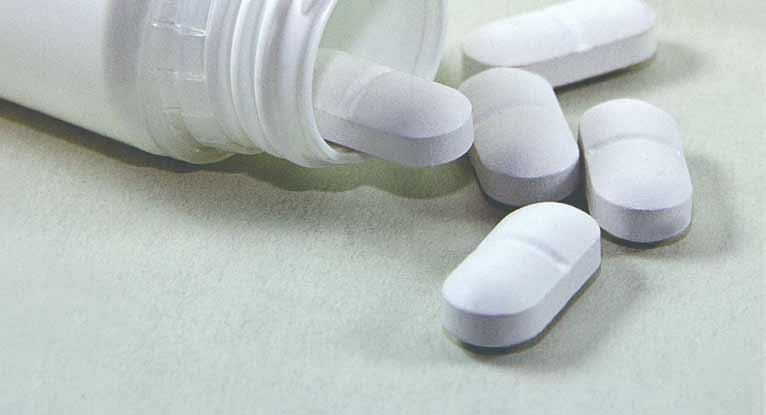It Is Not The Most Effective Remedy For A Hangover
Acetaminophen is not the most effective remedy for a hangover is another thing to know about Acetaminophen. After a night out, most of us have taken some painkillers to prevent a hangover. But according to specialists, you should be cautious when opening the medication cabinet, especially if you're a heavy drinker who drinks frequently. Even minor levels of alcohol consumption while taking acetaminophen can raise your chance of developing liver or kidney problems. The liver is the primary site of acetaminophen metabolism. Here, it is converted into harmless chemicals that are excreted by urination. But for the liver to do it, it needs a substance called glutathione. The medicine may be converted into a more harmful compound if your glutathione levels are low, which can be brought on by continuous drinking, a poor diet, or fasting, according to the National Institutes of Health.
One NIH study on alcohol and metabolism states that consuming just four or five extra-strength tablets throughout the day may cause liver damage. Another study found that drinking a little to a little bit of alcohol while taking the prescribed dose of acetaminophen increased the risk of renal disease by 123%. According to the FDA, some symptoms like loss of appetite and nausea can be mistaken for the illness, so you might not immediately notice indicators of liver damage (or that hangover). Call your doctor right away if you think you could be in danger.







